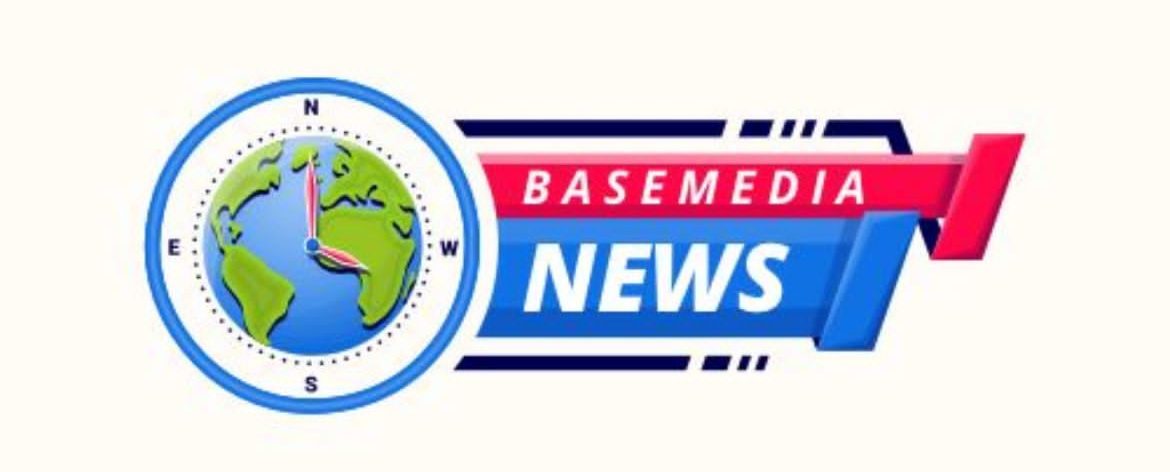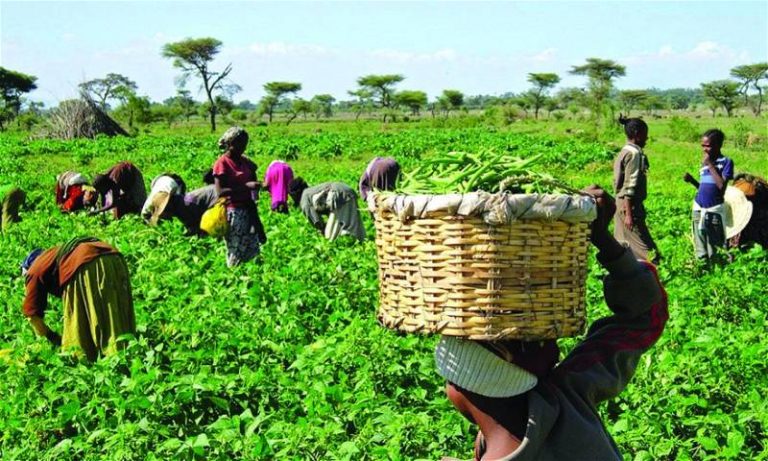On Tuesday, the Gombe State chapter of the Small Scale Women Farmers Organization in Nigeria lamented the effect of post-harvest losses on the state’s food security.
Airudia Mamman said it foretells a significant setback at a news briefing on the 2025 Gombe State Agriculture Budget hosted by the Hope Foundation for the Lonely, Gombe State Budget Committee, with assistance from ActionAid Nigeria.
Because of inadequate facilities for processing, storing, and preserving food, post-harvest losses continue to impede Gombe State’s agricultural value chain, particularly for smallholder women farmers, she said.
“No money was released even though the 2024 budget included a ₦10 million provision. Sadly, post-harvest losses support was not included in the 2025 budget.
“We urge the government to restore and increase funding for community-based storage facilities, agro-processing support and equipment, farmer training on preservation and value addition, cold chain systems, and market linkages, etc.,” Mamman continued.
In addition to being economically necessary, lowering post-harvest losses is also essential for boosting farmer incomes, assuring return on investment, and enhancing food supply. It needs to continue to be a prominent focus on the state’s agenda for agricultural growth,” she continued.
According to Mamman, on-farm inputs are essential for increasing food security, agricultural profitability, and productivity. The fertilizer subsidy, which was ₦1 billion in 2024, is still included in the Gombe State Agriculture Budget for 2025.
However, despite growing demand among smallholder farmers and rising input costs, the funding for general agricultural inputs has been cut from ₦30 million in 2024 to ₦25 million in 2025.
“This decrease indicates a waning dedication to input assistance, particularly at a time when smallholder farmers—especially women—need easier access to reasonably priced, high-quality inputs to maintain their yields.
“We call on the Gombe State Government to restore and increase the allocation for agricultural inputs and ensure transparent distribution of subsidised fertilisers and inputs at affordable prices. Furthermore, the fertiliser subsidy should incorporate organic fertilisers to promote sustainable soil health and climate-resilient practices.”
While harping on the need to encourage women and youth in agriculture Mamman described it as central to agricultural production in Gombe State, especially at the community level, where they play a critical role in food production and household income generation.
She added, “It is crucial that the state government not only maintains dedicated budget lines for their empowerment but also ensures the timely and full release of allocated funds.
“In the 2025 Agriculture Budget, ₦30m was allocated to Smallholder Women Farmers, marking a 40 per cent reduction from ₦50m in 2024 and a 57 per cent drop from ₦70m in 2023. This downward trend is concerning given the rising need for support in inputs, mechanisation, credit, and market access.
“The Youth in Agriculture budget remains stagnant at ₦20m for 2025, the same as previous years, with no record of fund release or implementation to date. This lack of progress risks alienating young people from the sector, despite their importance to innovation and food security.”
On her part, Chief Executive Officer of HFL, Sarah Yapwa, disclosed that the engagement is a key milestone in our collective efforts under the Scaling Up Public Investment in Agriculture (SUPIA) project—a project aimed at ensuring that public investments in agriculture are not only increased but also inclusive, equitable, and impactful.
Yapwa said, “As you are all aware, agriculture remains a vital sector in Gombe State. It is the bedrock of livelihoods for thousands of smallholder women and youth, and a major driver of food security, economic resilience, and poverty reduction.
However, yearly financial allotments to the sector have failed to meet both domestic and international standards, including the Maputo and Malabo Declarations, which stipulate that at least 10% of public spending must go toward agriculture.
The results of our examination of the Gombe State Agriculture Budget for 2025 are not entirely consistent. We applaud the state government for increasing funding for extension logistics and maintaining fertilizer subsidies, but we are equally concerned about the cutbacks in funding for important strategic areas, especially those that directly benefit smallholder women farmers, youth engagement, climate resilience, post-harvest support, and research and development.





